Blog
Sensitive Skin Saviors: 7 Steps to Best Skincare Routine
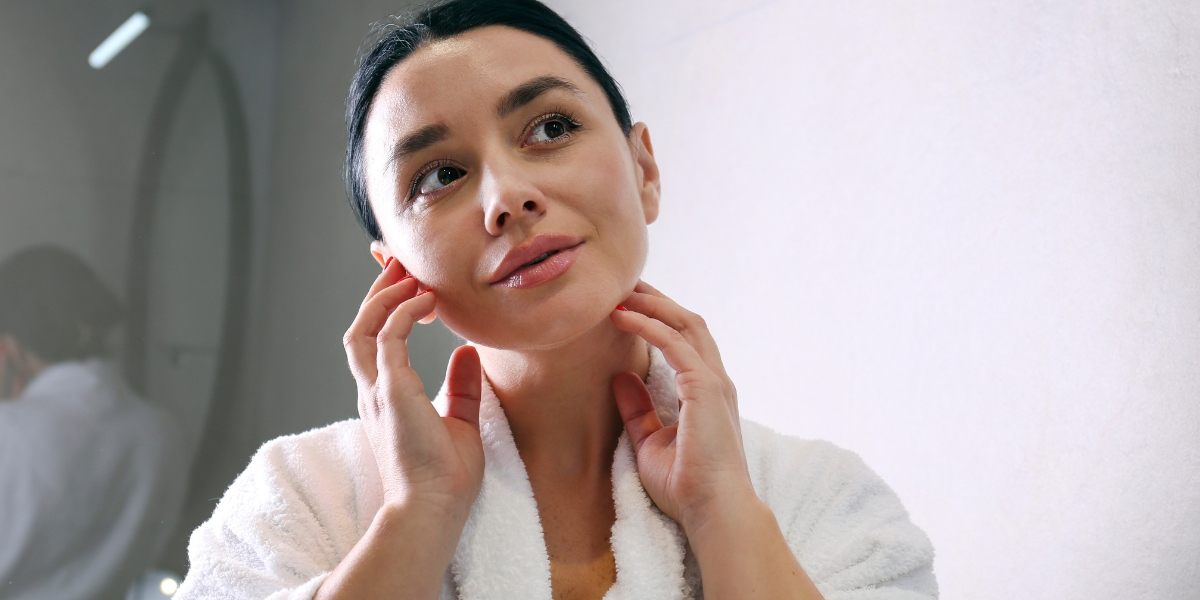
Sensitive skin requires extra care and attention, especially when it comes to choosing the right skincare routine. If you’re struggling with redness, irritation or discomfort you’re not alone. Many people in Pakistan and around the world experience sensitive skin and finding a suitable skincare regimen can make a significant difference.
In Pakistan where climatic conditions can be extreme managing skincare routine of sensitive skin can be particularly challenging. If you’re looking to build a skincare routine that soothes and protects while achieving glowing results, you’ve come to the right place. This guide will walk you through the essential daily skincare steps to address sensitive skin ensuring you achieve radiant results without irritation.
Why Sensitive Skin Needs Special Attention
Sensitive skin often reacted unfavorably to environmental changes, skincare products, or even stress. According to the American Academy of Dermatology, nearly 50% of people worldwide experience sensitive skin at some point. For those in Pakistan, factors like pollution and high temperatures can exacerbate sensitivity, making it crucial to adopt a tailored skincare routine.
Common Causes of Sensitive Skin
-
Environmental Factors:
Extreme weather conditions, pollution and UV exposure. -
Cosmetic Products:
Harsh chemicals, fragrances, and preservatives in skincare products.
-
Skin Conditions:
Eczema, rosacea and allergies.
Key Characteristics of Sensitive Skin
-
Redness and Irritation:
Commonly caused by environmental factors or harsh products. -
Dryness and Flakiness:
Often a result of compromised skin barriers. -
Reactions to Products:
Frequent reactions to skincare items with fragrances or alcohol.
7 Essential Steps for a Sensitive Skin Skincare Routine
-
Cleansing: The Foundation of Your Routine
A gentle cleanser is vital for sensitive skin. Opt for a fragrance-free, hydrating formula to avoid irritation. How to use face wash properly is crucial to maintaining a healthy skin barrier. A product with a neutral pH (potential of Hydrogen, it is a measure of how acidic skin level is) helps maintain the skin’s natural barrier.
-
Toning: Balancing and Soothing
Toners help to restore pH balance and remove any residual impurities.
Choose alcohol-free toners with calming ingredients like rose water known for its soothing properties.
-
Moisturizing: Hydrate and Protect
A rich moisturizer helps lock in hydration and strengthen the skin barrier. Look for products with hydrating ingredients like hyaluronic acid and ceramides. For an effective option, Revol Clear Brightening Cream is formulated with powerful ingredients such as Hyaluronic Acid, Retinol, Peptides, Niacinamide, and more making it ideal for brightening and protecting sensitive skin.
Moreover, for more related products and tips with hyaluronic acid and ceramides, which are effective for sensitive skin, you may refer to the related article, topic: Is hyaluronic acid good for oily skin?
-
Sun Protection: Shield Your Skin
Sunscreen is crucial in protecting sensitive skin from harmful UV rays. Choose a broad-spectrum sunscreen with SPF 30 or higher.
Mineral sunscreens with zinc oxide or titanium dioxide (two popular physical (mineral) sunscreens that provide broad-spectrum protection against UV radiation) are often recommended for sensitive skin.
-
Exfoliating: Gentle Yet Effective
Exfoliation removes dead skin cells and improves texture. For sensitive skin, opt for gentle chemical exfoliants rather than physical scrubs. Ingredients like lactic acid are less likely to cause irritation.
-
Serum Application: Targeting Specific Concerns
Serums can address specific issues such as redness or inflammation.
Niacinamide is a popular ingredient for its anti-inflammatory properties and ability to strengthen the skin barrier.
-
Consistency: The Key to Success
Consistency is essential in any skincare routine. Stick to your daily regimen and introduce new products gradually to avoid overwhelming your skin.
Top Dermatologists with their Skin-Care Routines
Ever wondered what dermatologists’ skincare routines look like when they’re just at home? We did, too. So, we asked top experts in medical skincare to share the daily products they swear by and the ingredients that keep their skin healthy and glowing. Some answers were expected — no dermatologist skips sunscreen — while others were surprising. (Yes, one even uses a simple bar of soap to cleanse!)
Regardless of their approach, one key takeaway is clear: skincare routines should adapt from morning to night. In the morning, focus on shielding your skin from sun, pollution, and various light sources.
Now, let’s dive into the morning and evening routines of some of our favorite board-certified dermatologists — plus the in-office treatments they use to keep their skin in top shape.
Hadley King, MD, New York City
Dr. King begins her morning skincare routine with a deep cleanse and Revision Skincare’s Finishing Touch Microdermabrasion Cream for gentle exfoliation. She then applies Isdin’s Flavo-C Ultraglican Ampoules, rich in vitamin C and hyaluronic acid, followed by SkinBetter Science Even Tone Correcting Serum.
To lock in these serums, she uses Charlotte Tilbury’s Magic Cream Moisturizer, which combines humectants, emollients and occlusive, along with antioxidants and soothing ingredients. Before heading outside, Dr. King applies Alastin Skincare Hydrating Pro Mineral Broad Spectrum Sunscreen SPF 36 on her face and Colorescience Sun forgettable Total Protection Body Shield SPF 50 on her body.
In the evening, Dr. King uses Beauty Pie Japanfusion Pure Transforming Cleanse, a balm that melts away makeup and sunscreen without residue. For retinoids, she applies Arazlo, a prescription retinol cream. For her neck and chest, she uses Skinbetter Science’s AlphaRet Overnight Cream, which combines retinoids and alpha hydroxy acids and is gentle on sensitive skin.
Morgan Rabach, MD, New York City
Dr. Rabach keeps her morning routine simple, focusing on a cleanser and sunscreen due to her busy schedule with three kids. She uses Alastin Skincare’s Gentle Cleanser for daily use, as it’s rich in antioxidants. For dryness or recovery from a peel, she switches to La Roche-Posay’s Lipikar Wash AP+ Gentle Foaming Moisturizing Wash. For oily or clogged skin, she uses SkinMedica’s AHA/BHA Exfoliating Cleanser. She finishes with a tinted sunscreen, alternating between Isdin Photo Eryfotona Actinica Mineral Sunscreen SPF 50+ for its light feel and antioxidants, and SkinMedica Total Defense Repair SPF 34 for more coverage.
In the evening, Dr. Rabach adjusts her routine based on her skin’s needs. If she’s been sun-exposed, she uses SkinBetter Sciences Alto Defense Serum with vitamin C to reduce inflammation. For retinol, she alternates between IT Cosmetics’ Hello Results Wrinkle-Reducing Daily Retinol Serum-in-Cream for lighter retinol and her own LM Medical Retinol Moisturizer 0.5% for a richer formula. She finishes by applying Aquaphor Healing Ointment to her lips and around her eyes for extra protection.
Ope Ofodile, MD, Atlanta
Dr. Ofodile keeps her routine efficient due to her busy schedule with four kids. She starts with SkinMedica’s AHA/BHA Exfoliating Cleanser in the shower, followed by SkinBetter Science’s Alto Defense Serum for antioxidant protection and brightening. She then mixes Fenty Beauty’s Pro Filt’r Soft Matte Longwear Foundation with ZO Skin Health’s Daily Sheer Broad-Spectrum SPF 50, applying the blend with a brush for hydrated, glowing skin.
Dr. Ofodile starts by washing her face with Revision Skincare’s Brightening Facial Wash. She then uses ZO Skin Health Complexion Renewal Pads for her acne- and pigment-prone skin. Next, she hydrates with Isdin Isdinceutics’ Hyaluronic Concentrate and applies ZO Skin Health Retinol Skin Brightener 1% to reduce breakouts, exfoliate, and improve fine lines. She finishes with Revision Skincare’s Revox Line Relaxer for undereye fine lines.
7 Essential Tips By Dr. Kashif Ali
- Cleanser
– Action: Massage for 30 seconds to 1 minute.
– Tip: Focus on the T-zone for better pore cleansing.
– Wait: Ensure skin is dry before applying the next step.
- Toner
– Action: Apply with a cotton pad, taking around 30 seconds.
– Wait: If it contains alcohol, it dries almost instantly.
- Serum
– Action: Apply for about 30 seconds until even.
– Wait: Proceed to the next step immediately.
- Eye Cream
– Action: Gently apply around the eyes for 30 seconds.
– Wait: Move to the next step right away.
- Spot Treatment
– Action: Apply to blemishes for roughly 15 seconds.
– Wait: Let it dry for at least 1 minute.
- Moisturizer
– Action: Apply to face and neck for 1-2 minutes.
– Wait: Allow 1-2 minutes for absorption.
- Sunscreen
– Action: Apply thoroughly for at least 2 minutes.
– Tip: Allow 5-10 minutes for sunscreen to fully absorb before applying makeup.
Dr. Kashif Ali’s Advice: Let each product fully absorb to maximize effectiveness, especially with sunscreen. Proper layering is crucial to avoid product inefficiency and skin irritation.
Conclusion
Creating a skincare routine for sensitive skin involves choosing the right products and maintaining consistency. By following these seven essential steps, you can achieve a radiant complexion while protecting and soothing your skin. To further enhance your routine, explore Revol Clear Brightening Cream, which offers a blend of powerful ingredients like Hyaluronic Acid, Retinol, and Vitamin C for an effective skin brightening experience.
Transform your skincare routine today! Visit Revol.pk to find products specifically designed for sensitive skin.
1. What are the best daily skin care steps for glowing skin?
The best daily skin care steps include gentle cleansing, hydrating with a suitable moisturizer, and applying sunscreen. Incorporating exfoliation and serums can further enhance glow.
2. How can rose water spray benefit sensitive skin?
Rose water spray helps soothe irritation and balance skin pH. Its anti-inflammatory properties make it ideal for calming sensitive skin. If you’re curious about how rose water can also benefit your hair, check out our article here.
3. Can sensitive skin use retinoids (a group of vitamin A derivatives that play a crucial role in cellular turnover and skin health)?
Retinoids can be harsh for sensitive skin. If necessary, use a lower concentration and introduce it slowly into your routine.
4. What are the best practices for skin care at home?
Maintain a consistent routine, use gentle products, and protect your skin from environmental stressors like sun and pollution.
5. How do I choose the right moisturizer for sensitive skin?
Select a moisturizer free from fragrances and harsh chemicals, containing hydrating ingredients like hyaluronic acid or ceramides.
6. Is it necessary to use a toner for sensitive skin?
A toner is optional but can help balance the skin’s pH and enhance the effectiveness of other products if chosen carefully.
7. What are the signs of sensitive skin?
Signs include redness, irritation, burning, and dryness, often triggered by products or environmental factors.

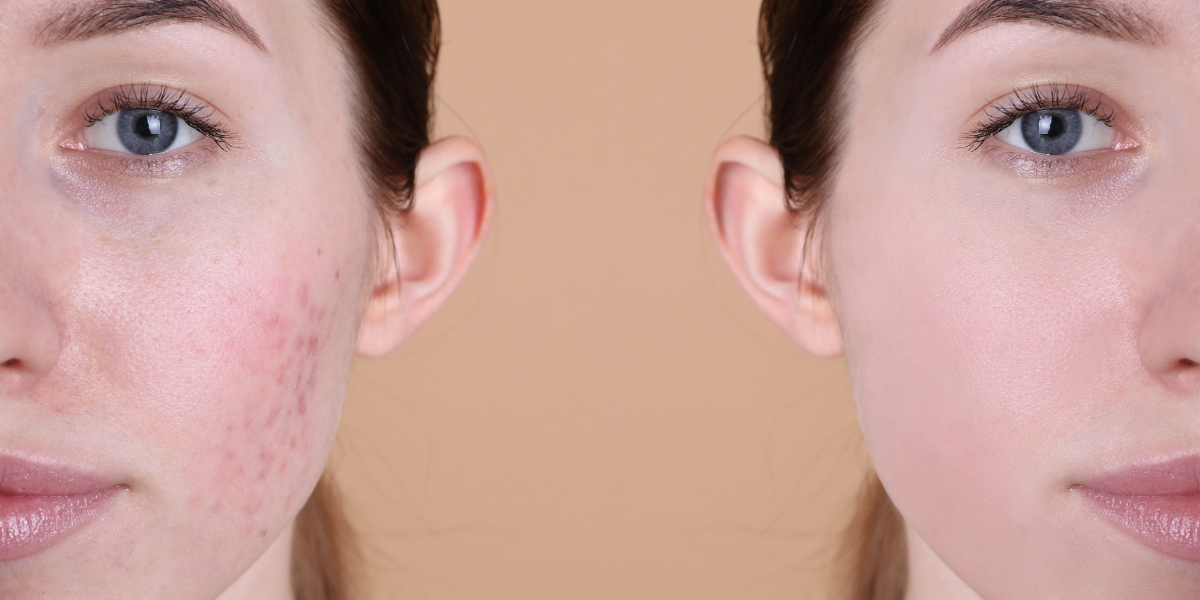
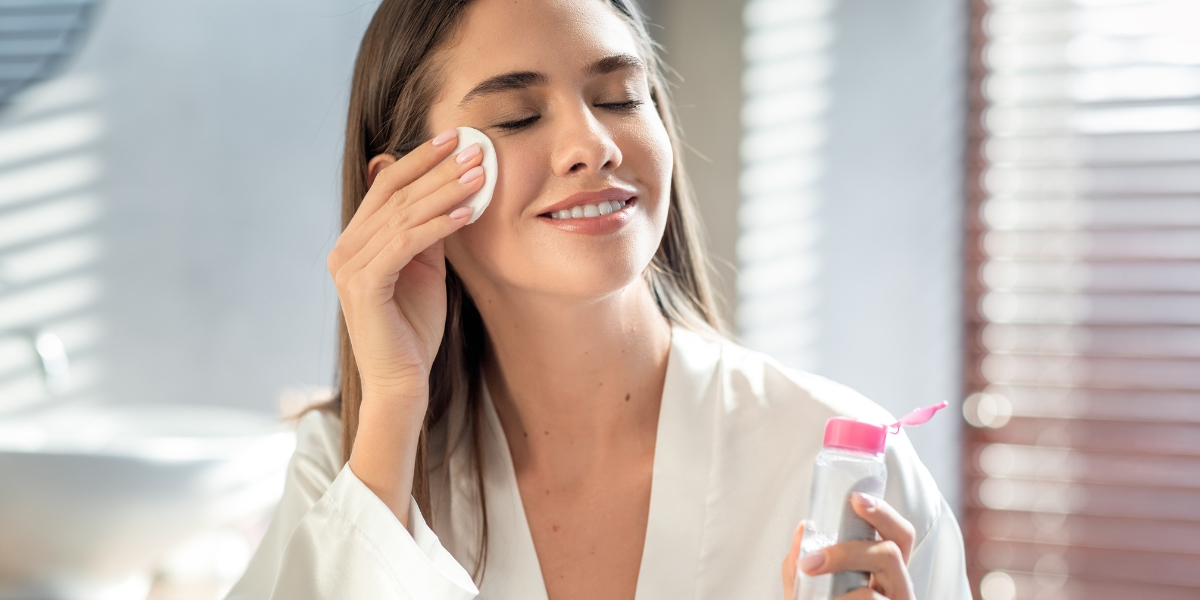
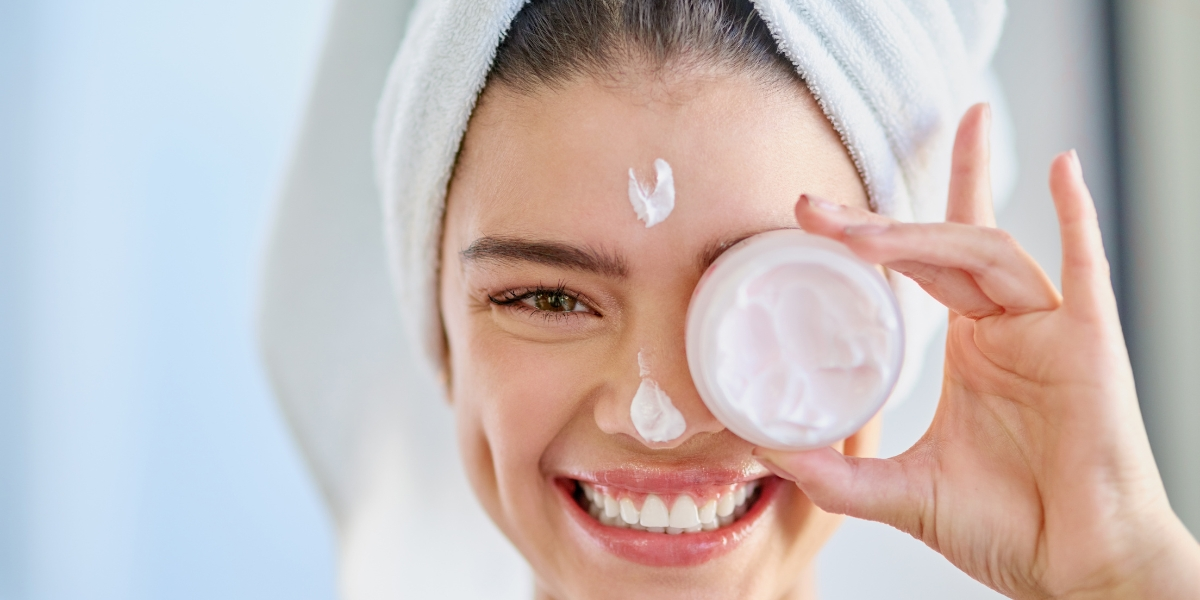
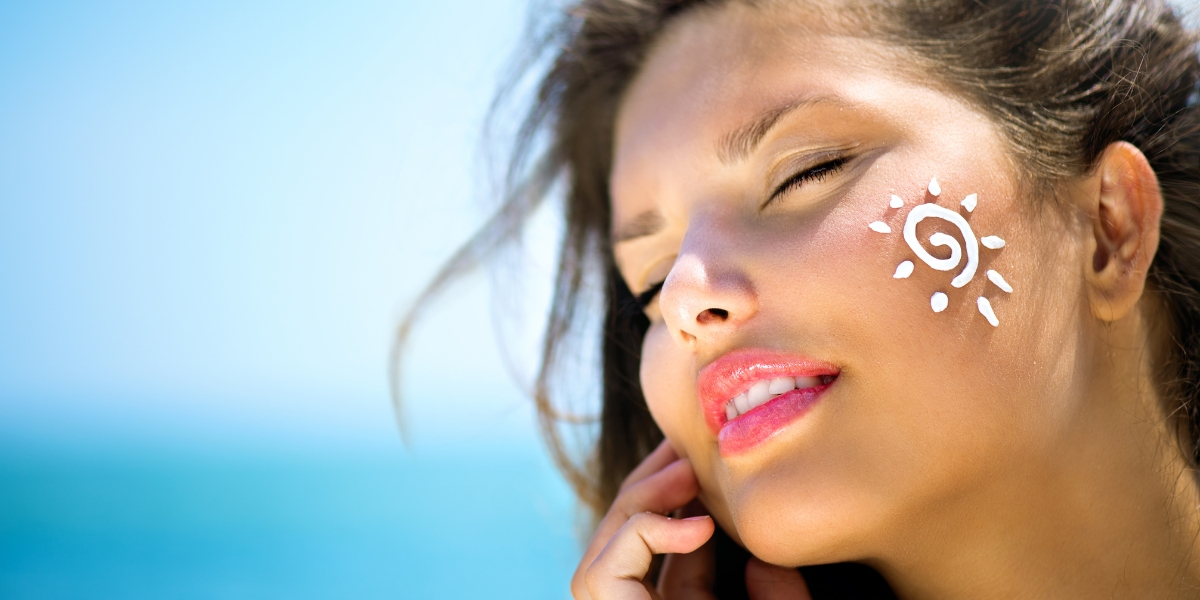
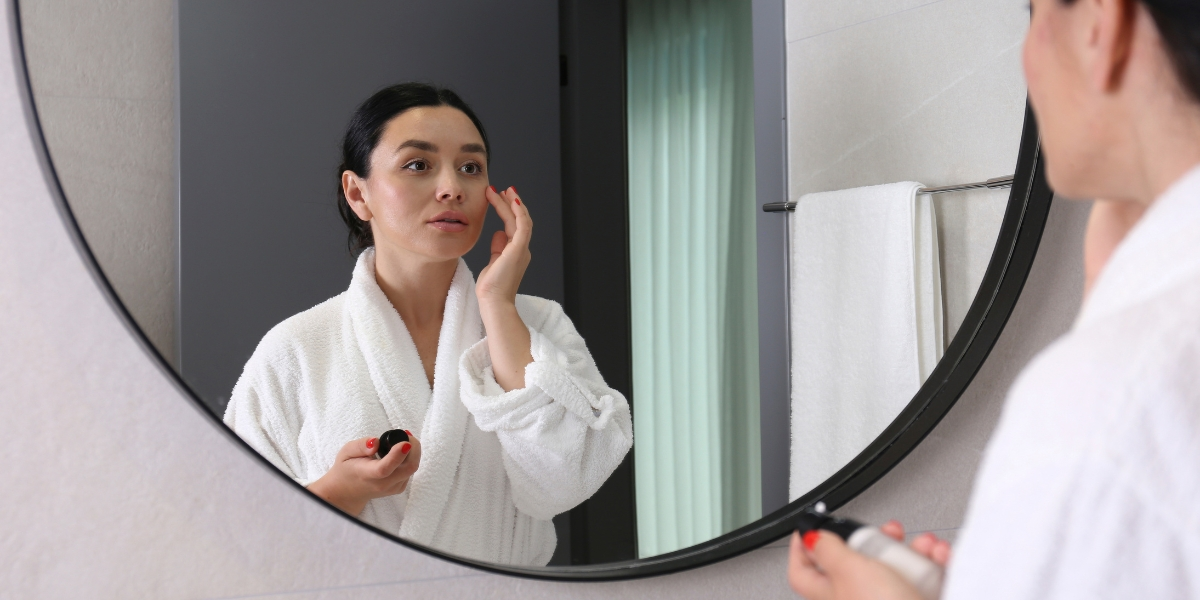




One thought on “Sensitive Skin Saviors: 7 Steps to Best Skincare Routine”